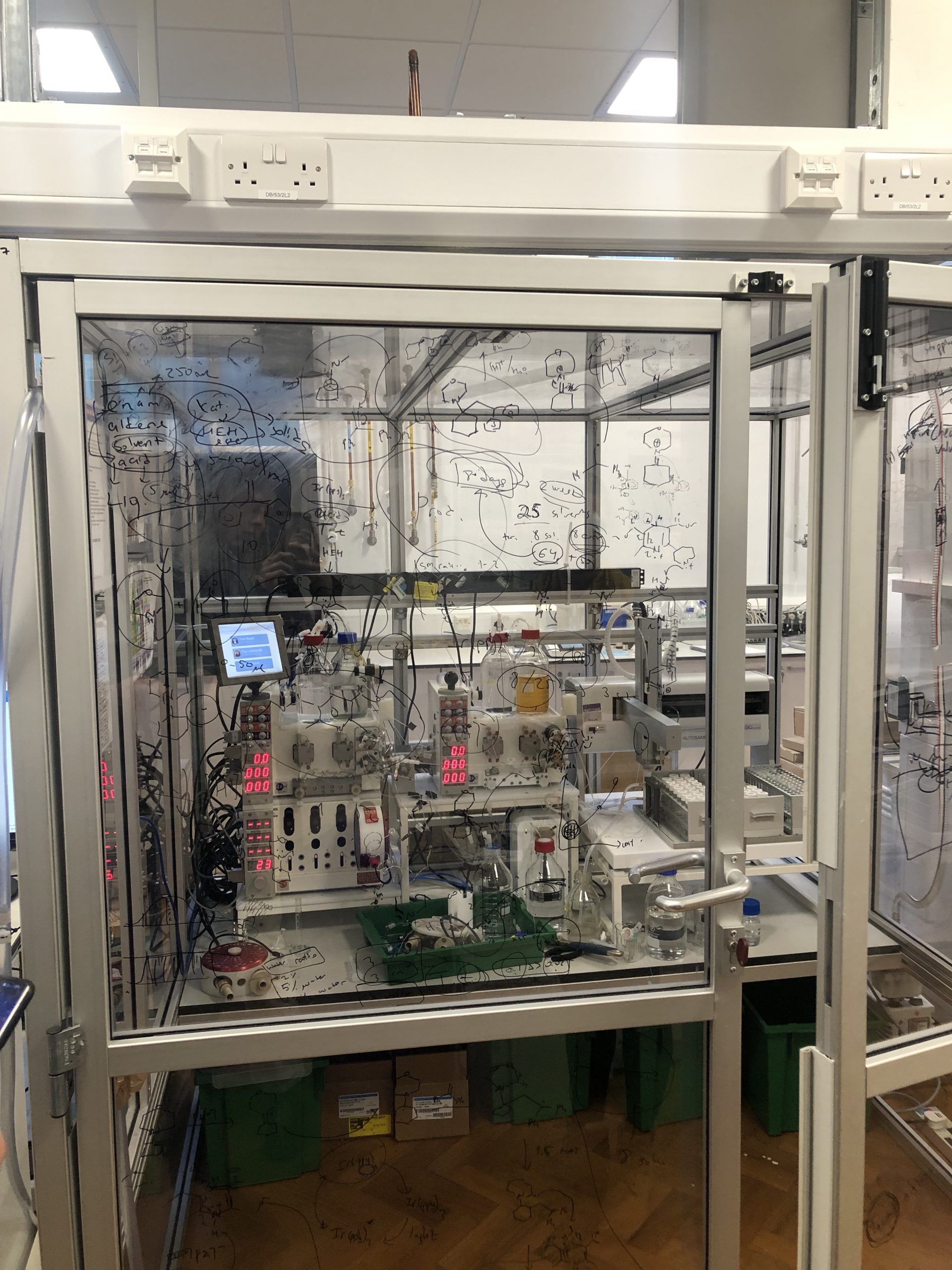In recent months the topic of ‘alternative sectors’ has been high on the political agenda, and for good reason. Not only will these industries create sustainable jobs, but they will also place the country at the cutting edge of research and development which will further innovation in transport, energy, renewables, and medicines.
One area of particular interest for the opposition, and indeed for South Yorkshire, is Life Sciences. An increasingly important sector for the economy, particularly to assist in recovery since Covid-19.
In a recent post Keir Starmer emphasised his commitment to supporting the sector, stating that it could be ‘rocket fuel for our stagnant economy’. He went on to say that under his watch, the Labour government would back British scientists by‘slashing red tape, removing hurdles and providing certainty’, and that together they will ‘create the jobs of the future and turbocharge growth’.
A bold statement, but one that we at Kada fully agree with given our recent experience of working with world leading life science institutions who are at the forefront of delivering on this agenda.
In fact, last year our team was commissioned by Sheffield City Council to develop a Skills, Training and Business Support Plan to help drive the South Yorkshire Innovation District (SYID) ambition for innovation-led inclusive growth to transform the South Yorkshire economy.
The SYID itself is part of a Global Network of Innovation Districts boasting world class assets and businesses, and the plan produced was instrumental to a bid that led to South Yorkshire being named the first of 12 UK Investment Zones, which is expected to generate 8,000 jobs across the sub-region and an estimated £1.2bn of funding, including £80m of Government investment.
Looking slightly further afield we have evaluated the University of Cambridge’s iDMT which is a global first in applying digitalisation to molecular science and chemistry combining two of the UK’s important sectors.
For King’s College London we have evaluated their internationally significant Gene Therapy Production Facility which is providing new vital capacity for vector manufacturing to ensure that UK and international gene therapy research projects can take the vital step towards clinical trial.
Finally, we have evaluated four successful MedCity/UK Advanced Therapies collaborative programmes that bring together leading life science academics with some of the country’s most dynamic SMEs.
As well as showing a combined economic impact of over £100 million, our evaluations also identified crucial elements of added value that support the ongoing dynamism, growth and success of the UK life science sector.
New facilities have been created, manufacturing capacity expanded, collaborations fostered and deepened, research breakthroughs made and substantial private investment secured; all helping to shape the UK – and the world’s – life science research base.
So why does the government’s backing matter if the sector is already succeeding? Our work shows that investing in innovation and building the infrastructure needed to support life sciences research and collaboration is critical to ensure the UK retains its place as a scientific superpower.
It is important that the UK life science sector is able to continue to attract talent, skills, and expertise internationally. This will ensure it is able to leverage the successes and uniqueness of the its assets to secure a pipeline of international V/C investment, as well as the further development of a network of physical assets that provide the research “nexus sweet spot” of academic, clinical, SME and large pharma collaboration. It is also important that strategic partnerships between key facilities/research networks and funders are enabled to stimulate more focus upon early-stage research by overcoming capacity and resource barriers.
Looking at health innovations alone, UK research institutes have played a pivotal role in recent breakthroughs in Parkinson’s and Alzheimer’s treatment and there is increased optimism that the UK life science sector will be at the forefront of an ongoing pipeline of pioneering treatments for some of the world’s most prevalent life limiting diseases and conditions.
We need the government to back these sectors and remove the barriers that currently exist so that life science innovation can continue to drive economic growth both in the immediate and longer-term future. This will require access to finance measures, and talent measures support for collaborative R&D and to stimulate business research and development.
Thankfully, there are already signs that there is support out there with the government’s recent deal for the UK’s participation with the world’s largest research collaboration programme, Horizon Europe, – which the UK has been excluded from over the last three years.
This agreement means that UK researchers can once again apply for grants and bid to take part in projects and, once adopted, organisations within the country will also be able to join the governance of EU programmes








